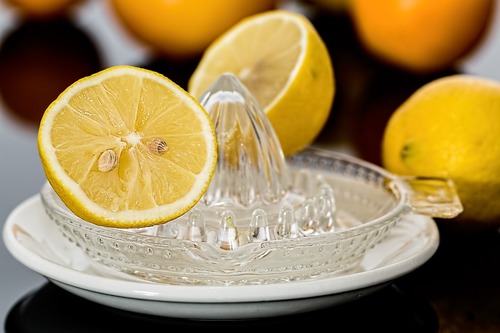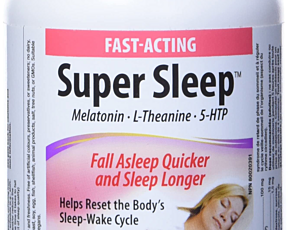Short answer
Homemade lemonade is a great source of nutrients and antioxidants that help keep immune systems strong. Store-bought lemonade, however, may contain many harmful additives and some do not even contain real juice.
Recommended Alternative
Long answer
Lemons, though unknown, are thought to have originated in Asia. It is said to be a cross between a sour orange and a citron. The Ancient Romans are believed to have first introduced the fruit to Europe and later to the Middle East around 700 AD. During its first appearance in Western and Middle Eastern culture, the lemon was first used as an ornamental plant. However, during the 1700s, Scottish physician James Lind began experimenting and adding lemon to the diet of sailors suffering from scurvy, a deficiency in Vitamin C. Though vitamins had yet to be discovered, the vitamin C in lemons proved pivotal in the treatment of scurvy.
Today, the health benefits of lemonade and lemon juice are widely known. Natural, homemade lemonade contains many nourishments such as vitamins C, B6, A and E, calcium, potassium, iron, magnesium, zinc, niacin thiamin, and riboflavin, turning this beverage into a super food. Vitamin C is crucial to supporting a healthy immune system. The super vitamin neutralizes free radicals in the body and helps prevent cancer if consumed regularly. Vitamin C has also been shown to reduce symptoms of osteoporosis and rheumatoid arthritis. It can even promote younger skin, encouraging the production of collagen, stimulating its elasticity and preventing wrinkles. Lemonade has shown to be a great source of antioxidants and flavonoids. These can help prevent cholera, stop free radicals and stop cellular divisions in cancer cells. Additionally, lemonade assists digestion in the body. The acid in lemons is very similar to the stomach acids in our bodies. When we consume lemonade, the acid in lemons tricks our body into producing bile, a fluid secreted by the liver that helps aid digestion. Lemonade helps the body get added nutrients from food. It may even be beneficial for weight loss because it contains pectin, which helps curb appetite and lower cholesterol.
Store-bought lemonade, however, does not contain the same benefits as the homemade beverage. Some varieties contain as little as 11% real lemon juice. Many of these have added sweeteners, like sugar and high-fructose corn syrup. These can lead to weight gain, cavities, high triglyceride levels, and even an increased risk of cancer. Though most lemonade is low in calories, the store-bought variety usually has increased doses of sodium. Minute Maid lemonade, for example, has 15 grams of sodium per serving. Increased sodium can contribute to high blood pressure, cognitive degeneration, kidney damage, and heart problems. Make sure store-bought lemonade is as natural as possible, without added sweeteners such as high-fructose corn syrup. Good store-bought varieties contain natural lemon juice and low amounts of sodium. Homemade lemonade ought to be the preferred choice and should be a staple beverage in every healthy diet.
Possible short-term side effects
- store-bought varieties:
- blood sugar spike
- hyperactivity
- bodily inflammation
- headache / migraine
Possible long-term side effects
- store-bought varieties:
- increased cholesterol
- increased triglyceride levels
- increased blood pressure
- cancer
- kidney damage
Ingredients to be aware of
- store-bought varieties:
- sugar
- high fructose corn syrup
- sodium
- calcium disodium edta
- artificial colors
- sodium benzoate

Benefits
- freshly squeezed lemonade:
- wrinkle prevention
- digestive aid
- pain reliever
- anti-inflammatory
- great source of potassium
- great source of vitamin c
- great source of pectin fiber
Healthier alternatives
- water with lemon (no added sugar)
Our Wellness Pick (what is this?)
Santa Cruz Lemonade
- USDA Organic
- Non-GMO Project Verified
- Gluten-Free
- No Artificial Flavors
- Refreshing Taste
 Approved by
Approved by 















